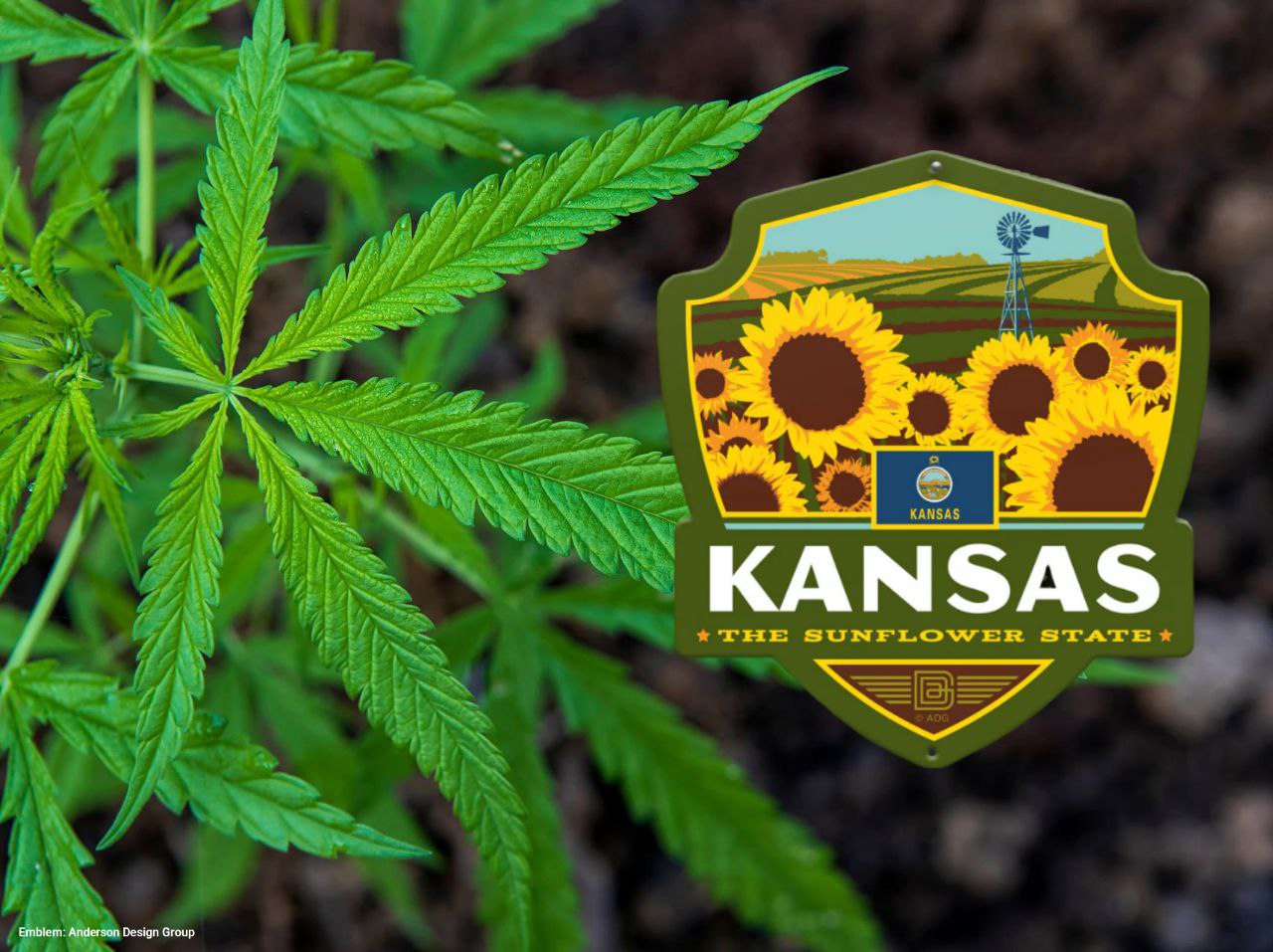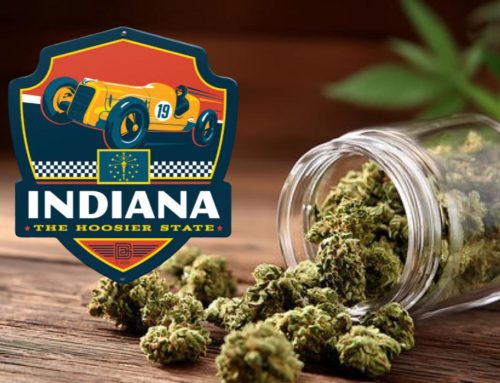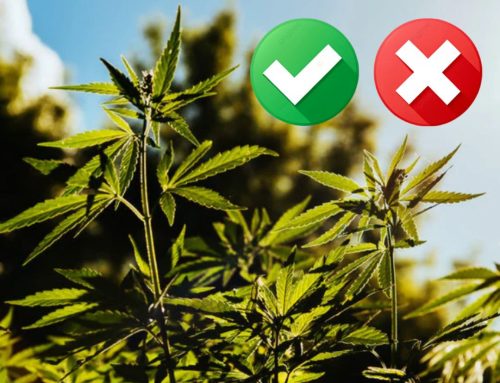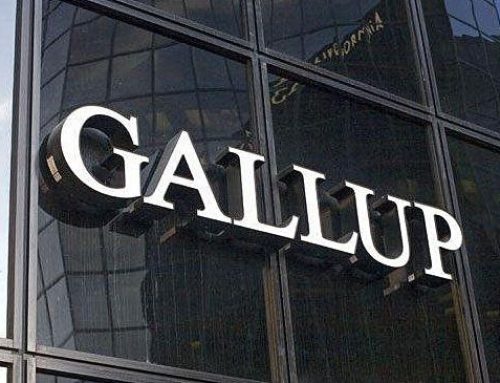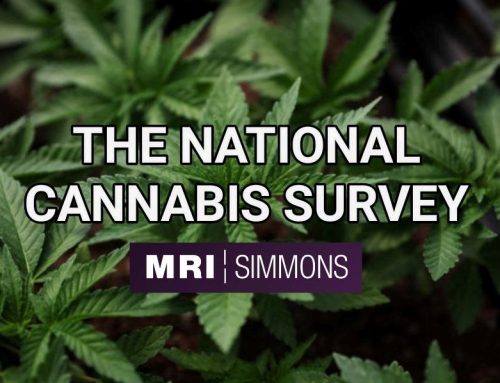Kansas Poll Shows Broad Support for Cannabis Reform
TOPEKA – A recent survey of Kansas residents highlights growing public enthusiasm for Cannabis policy changes, with nearly seven in ten adults endorsing medical use and close to six in ten favoring recreational access.
A Kansas Speaks Fall 2025 report released by the Docking Institute of Public Affairs at Fort Hays State University captured the responses of 526 Kansans aged 18+ interviewed between late September and mid-October. As for the legalization of medical Cannabis, 70.4% of adults expressed strong or moderate support. Approval of recreational legalization edged up to 58.8%, while 64.8% backed it when framed as a source of state tax revenue, a figure higher than the 56% recorded last year.
These results reveal a clear partisan split tempered by cross-aisle consensus. Support for recreational access stands at 64% among Democrats and independents alike, with 49% of Republicans on board. Medical Сannabis enjoys even wider appeal: 75% from Democrats, 78% from independents and 59 percent from Republicans. Such patterns align with national shifts, where Gallup’s latest data shows 70% of Americans overall favoring legalization, a level that has held steady since 2023.
The survey arrives as Kansas lawmakers confront a stubborn prohibition regime, one of only 12 states without any legal Cannabis framework. Governor Laura Kelly (D-KS) has repeatedly urged medical program legislation, even signaling openness to adult-use markets, yet bills have faltered in the Republican-controlled Legislature. Proponents point to untapped fiscal gains: a 2023 state fiscal note estimated that taxing recreational sales could generate $100 million annually by 2028, funds that might offset education or infrastructure shortfalls. However, critics, including some GOP leaders, cite concerns over youth access and enforcement costs, though the poll suggests voter priorities lean toward regulation and revenue.
Overall, the Kansas Speaks survey plays a quiet, yet influential, part.
The takeaway here is straightforward:
Spurred by optimistic revenue projections, voters’ demand for reforms has long outpaced the rate of policymaking in Topeka. Hopefully, the 2026 legislative docket will mark a turning point.












